MercoPress. South Atlantic News Agency
Tag: SELIC
-
Thursday, May 3rd 2012 - 07:19 UTC
Brazil working on package to further lower interest rates without scaring savers
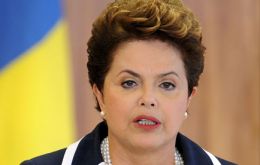
Brazilian President Dilma Rousseff plans to unveil changes to rules related to savings accounts on Thursday, government sources said, a key move to pave the way for lower interest rates in Latin America's largest economy.
-
Tuesday, January 3rd 2012 - 03:18 UTC
Rousseff promises “to protect” Brazil’s economy, domestic market and jobs
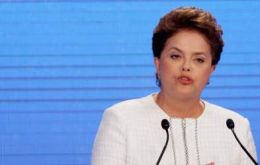
Brazil is moving into an ‘era of prosperity’ characterized by ‘income distribution and a notorious drop in inequalities” said President Dilma Rousseff in her first 2012 radio edition of ‘Enjoying coffee with the President’, where she also dared to use the word ‘protection’ in reference to jobs and the domestic market.
-
Friday, December 2nd 2011 - 00:04 UTC
Brazil announces measures to stimulate economy and domestic consumption
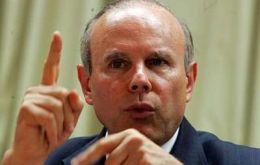
Brazil's Finance Minister Guido Mantega announced Thursday a package of measures aimed at stimulating the economy and domestic consumption, amid an international crisis mainly affecting developed nations as a consequence of the Euro situation.
-
Wednesday, November 30th 2011 - 23:08 UTC
Brazil cuts basic rate by half a point to 11% and says inflation converging to target
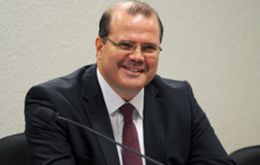
Brazil’s central bank cut borrowing costs by half a point for a third straight meeting as a global economic slowdown threatens with a slump in domestic demand. The bank’s board voted on Wednesday unanimously to reduce the benchmark Selic rate to 11% from 11.5%, as had been anticipated by markets.
-
Saturday, October 8th 2011 - 08:39 UTC
Brazil’s inflation above target and at its highest annually since May 2005

Annual inflation in Brazil hit a six-year high in September, government data showed on Friday. The benchmark IPCA consumer price index rose 7.31% in the 12 months through September -- above the official target range ceiling of 6.5% for the sixth straight month and the highest 12-month rate since May 2005.
-
Tuesday, October 4th 2011 - 20:29 UTC
JP Morgan Chase forecast slower growth and lower interest rates in Brazil
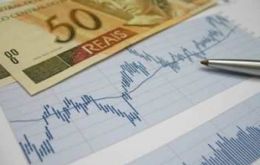
JPMorgan Chase & Co. cut its forecast for Brazil’s economic growth and said it expects the central bank to cut interest rates more than it previously expected as global financial turmoil weighs on confidence in Latin America’s biggest economy.
-
Saturday, October 1st 2011 - 05:54 UTC
Brazilian president calls on Central bank for “a cycle of interest rate reductions”

Brazilian President Dilma Rousseff made on Friday her strongest call yet for the central bank to continue cutting borrowing costs. At an event in Sao Paulo she said it was “inadmissible” for policy makers not to take into account the possibility of a recession and even a depression in the global economy.
-
Monday, July 4th 2011 - 05:12 UTC
Brazilian government continues to subsidize loans to big corporations
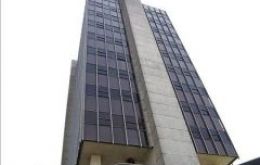
Brazil's state development bank, BNDES, is lending to companies at the lowest rate relative to the country's benchmark in two years, undercutting President Dilma Rousseff's efforts to curb inflation, revealed the Sao Paulo financial press.
-
Thursday, June 9th 2011 - 19:24 UTC
Brazil hikes basic rate to 12.25% and further increases can be expected
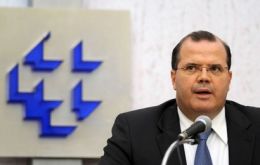
Brazil's central bank increased late Wednesday its benchmark interest rate for the fourth straight meeting after consumer prices exceeded the upper limit of its target range for the first time since 2005.
-
Thursday, April 21st 2011 - 03:14 UTC
Brazilian central bank raises benchmark rate 0.25 percentage points to 12%

Brazil’s central bank raised its benchmark interest rates a quarter of a percentage point from 11.75% to 12%. The decision surprised the market since it was a smaller raise than two previous hikes of half a percentage point earlier this year.
